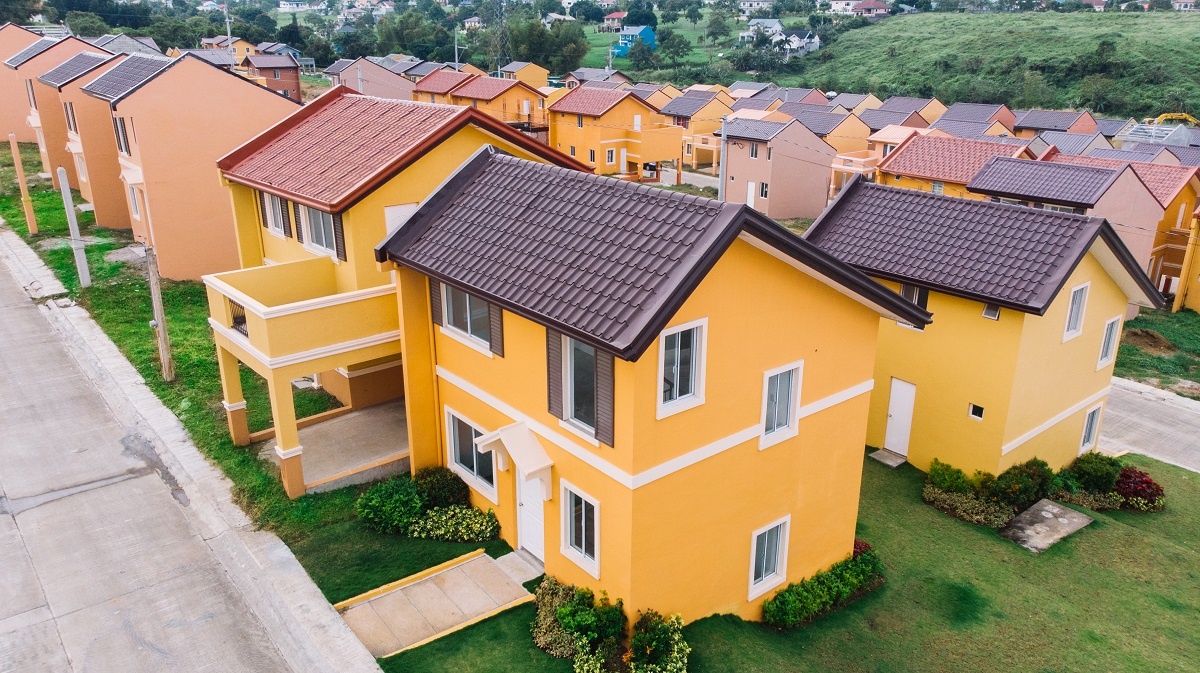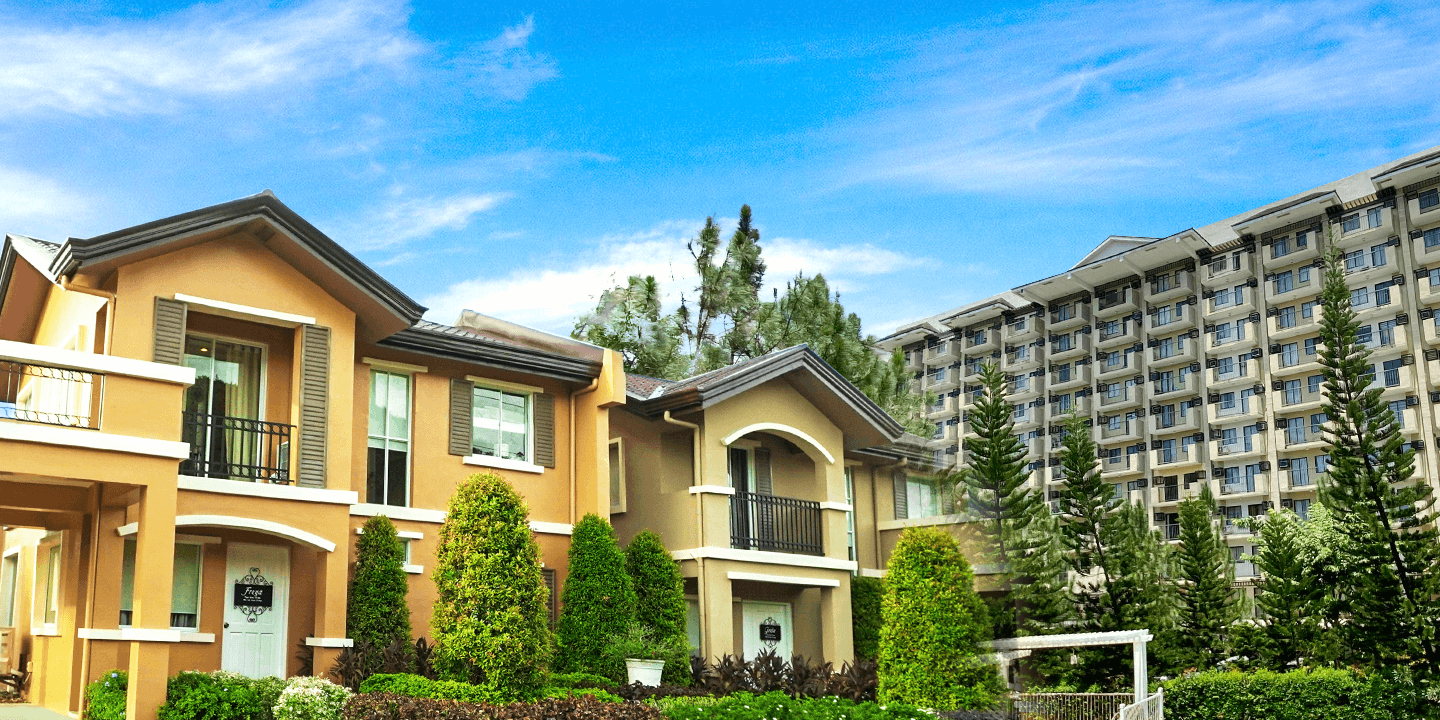
The real estate market offers a unique opportunity to build wealth, especially when compared to other assets and investment options like the stock market and mutual funds which often face volatility. If you’re looking for sure sources of passive income, real estate is the wisest investment choice for you this year. By renting out properties, you can collect rent and generate income with minimal effort. On top of this, your investment appreciates over time.
Real estate is one of the most reliable avenues that give you access to a steady stream of passive income through rent payments. At the same time, you also benefit from long-term capital gains.
Hence, the appeal of rental income is clear: it provides a predictable income source and the potential for substantial growth. With the right property and management, you can start generating income that works for you and diversifies your financial portfolio.
Why rent out your property?
When identifying a prime strategy for generating passive income, real estate, by way of renting out your property, offers numerous benefits. Rental properties are an excellent long-term investment as you also get short-term income while your property value appreciates over time.
This method of passive real estate investing allows you to earn money with minimal effort, particularly when you hire a property manager to handle the day-to-day responsibilities.
From tenant screening to tenant management, security deposits and rent collection, as well as property maintenance, a property manager ensures that your rental income continues smoothly. Real estate investments, particularly rental properties, provide a reliable income potential, which can be more predictable than other investments, like stocks.
By renting out your property, you also reduce your exposure to market volatility and capitalize on the potential of both rent payments and property appreciation.
How to manage risk and maximize returns?
With passive real estate investing, managing the risks involved is just as important as maximizing returns. While it is true that your house and lot can offer significant capital appreciation over time, market fluctuations and unexpected costs are always a possibility.
To minimize risks and future-proof your financial plan, you can diversify your investment portfolio by considering different property types or investment vehicles, such as real estate investment trusts (REITs) or rental properties.
A well-thought-out investment strategy, informed by current market conditions and guided by real estate agents, can help you identify high-potential opportunities while mitigating risk. Additionally, it’s crucial to assess the location and condition of the property to ensure that you will have income generated in a growth area.
Below, we lay out actionable steps to help you generate regular rental income from your property investment.
Conduct thorough research on the real estate market
Understand the market and the local economic conditions that may impact the rental demand in your chosen location. House and lot properties near key areas like Metro Manila, Clark, Cebu, Iloilo, and Davao offer high rental demand (and higher monthly rent), especially near urban centers and business districts.
You should also compare rental rates for similar properties to price your house and lot competitively while ensuring profitability. And most importantly, it is best to stay updated on property market trends and infrastructure developments that may influence rental demand and property value.
Choose the right location
Choosing the right location is more than just picking an urban area. It also means finding a property that is close to schools, malls, transportation hubs, and offices to attract tenants. For example, house and lot properties in Camella often come with this well-rounded convenience.
Further, you must also ensure the property is in a secure location with good road access. In addition to that, you should also focus on areas with upcoming infrastructure projects, as these often lead to increased property values and higher rental income.

Evaluate potential tenants carefully
With rental properties, your income is as good as your tenant relations. Given that, you should always conduct background checks on prospective tenants to ensure they are reliable and capable of paying rent on time.
Next, it is also important that you set clear terms. For example, you should have a detailed lease agreement outlining payment terms, responsibilities, and penalties for non-compliance. Along the way, you should also maintain good communication with tenants to foster trust and avoid any disputes.
Maintain your rental properties
Maintain your rental properties to ensure long-term value and attract quality tenants. Regular maintenance, such as scheduling inspections and promptly addressing repairs, helps preserve property value and keeps your tenants satisfied.
Upgrading your amenities like air conditioning, security systems, or energy-efficient appliances not only modernizes your property but also helps you justify higher rental rates. Additionally, always keep the property clean and well-maintained before showing it to potential tenants, as a presentable home creates a strong first impression and increases your chances of securing reliable renters.
Take advantage of financing options
Take advantage of financing options to make your rental property investments more manageable and profitable. Opt for financing plans with low interest rates and flexible payment terms. This will reduce upfront costs and free up capital for your other ventures.
Additionally, keep an eye on market trends and consider a new financing strategy when interest rates drop, as this can significantly lower your mortgage payments. By leveraging smart financing options, you can improve cash flow and maximize the returns on your investment.
Plan for market fluctuations
To safeguard your rental property investment against unexpected challenges, adequately plan for market fluctuations. This can include adjusting rental rates to align with current market conditions so stay competitive while ensuring they cover your expenses.
Also build an emergency fund to handle unforeseen costs, such as major repairs or periods of vacancy, without straining your finances. Additionally, stay informed about changes in local real estate laws, taxes, and economic trends that could impact your rental business. By staying proactive and prepared, you can navigate fluctuations while maintaining steady returns.
How does rental income affect your taxes?
Understanding how rental income affects your taxes is crucial for maximizing your profitability. The income you earn from rent is considered taxable income, which means it must be reported on your tax return. That said, there are several factors to consider:
Tax deductions: A tax deduction is a benefit that allows you to subtract certain expenses from your taxable income. These can include property maintenance costs, property management fees, and even interest on your mortgage. Additionally, property taxes can also be deductible, helping to lower your overall tax burden.
Capital gains tax: This may apply when you sell a property for a profit and does not apply when you’re just leasing it out. The tax rate on capital gains can vary depending on how long you’ve owned the property. Consulting with a tax professional can help you navigate these considerations and ensure you’re taking full advantage of available deductions while minimizing your tax liabilities.
Real estate as a long-term investment vehicle
Real estate is a powerful long-term investment vehicle that can significantly contribute to building long-term wealth. By adding rental properties to your investment portfolio, you diversify your holdings and reduce your reliance on more volatile investment choices like stocks or bonds.
Unlike the stock market, which can experience frequent market volatility, real estate typically offers more predictable returns, especially when you focus on well-located properties with strong demand. Over the years, as property values rise, your real estate portfolio grows, increasing your overall net worth.
Furthermore, rental income provides a consistent cash flow, making it an ideal investment for those seeking to build long-term wealth. With careful selection and management, real estate remains one of the most reliable and rewarding investment choices for achieving financial security and growth over time.

Start earning passive income from your house and lot in Camella!
If you’re looking to achieve your investment goals and build wealth, having a house and lot for rent is an excellent opportunity to earn passive income. Choosing a Camella property, in particular, offers high demand in strategic locations across the Philippines, ensuring steady rental income. Known for quality and value for money, Camella properties attract families and professionals seeking secure and well-planned communities.

Celebrate Life’s Milestones in Camella!
House and Lot & Condominium for Sale in the Philippines


